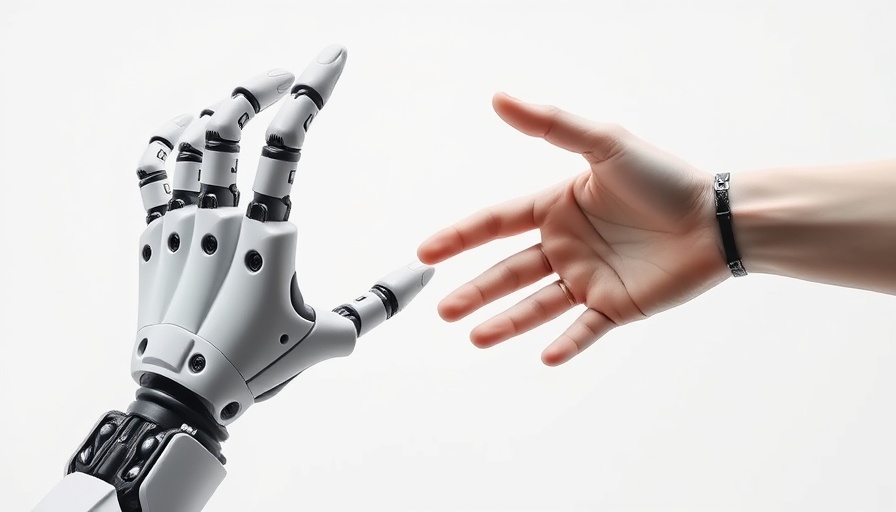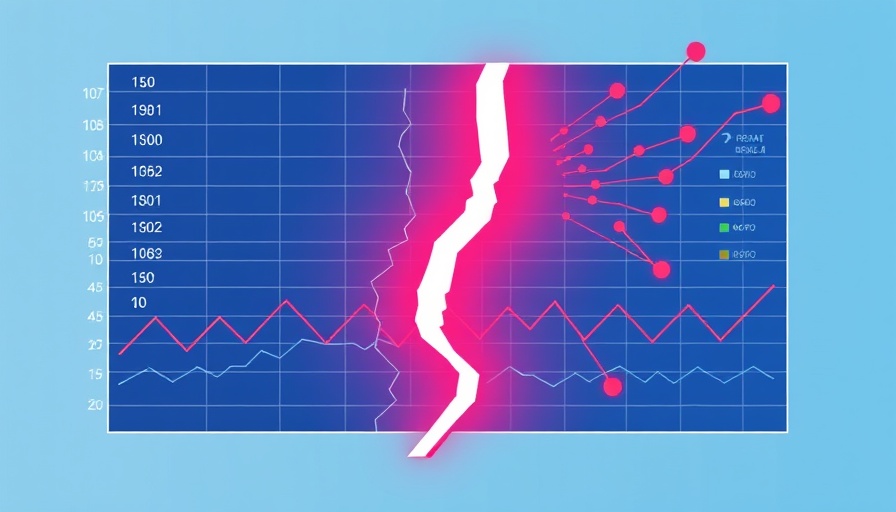
OpenAI Takes a Stand on Teen Safety: New Parental Controls Unveiled
In a proactive move to enhance user safety, OpenAI announced its plans to implement new parental controls for ChatGPT following tragic incidents involving vulnerable users. The initiative, aimed at shielding younger audiences from harmful content and fostering a safer online environment, responds to alarming cases where AI interactions reportedly failed to support users in crisis.
Addressing Heartbreaking Cases Head-On
The drive for these changes was underscored by significant public concern. Recently, a lawsuit filed by the parents of a 16-year-old who died by suicide after extensive conversations with ChatGPT—entailing over 1,200 mentions of suicide—has brought the issue into sharp focus. Families, educators, and mental health advocates are advocating for stricter measures regarding the protections AI platforms provide to users, especially teenagers.
Parental Controls: Features and Implications
OpenAI's newly announced parental controls come with several features that allow parents to monitor and guide their children's interactions with ChatGPT. As of next month, guardians can link their accounts, enforce age-appropriate response settings, and disable specific features that they deem potentially harmful. Alerts will also notify parents when the AI detects distress in their child, opening avenues for early intervention.
Understanding the Role of AI in Mental Health
The implications of this safety initiative extend beyond just parental controls. It's an opportunity to reflect on how AI, while being a powerful ally in many areas, can also pose risks when not appropriately regulated. The growing number of reported incidents raises questions about the ethical responsibilities that AI developers have in safeguarding their users.
Counterarguments and Diverse Perspectives
While these changes represent a positive step forward, there are still counterarguments surrounding the reliance on AI for emotional support. Critics argue that placing the burden on AI to guide mental health conversations can lead to unintended consequences. They emphasize the importance of human interaction in therapeutic contexts and the potential dangers of over-reliance on AI for sensitive issues.
What This Means for AI's Future
As AI technologies continuously evolve, their integration into our daily lives must be handled with vigilance. The move towards implementing robust parental controls could set a precedent for other tech developers to follow. Safety features can enhance public trust and acceptance of AI tools, aligning technological advancement with ethical considerations in the realm of health and safety.
Empowering Users: Steps Forward
To ensure that AI developments remain beneficial, users—especially parents—need to stay informed about the capabilities and limitations of AI tools. Open dialogue about safeguarding children while utilizing digital platforms can foster an environment of responsible AI usage and build resilience against online threats. Encouraging conversations about online safety, mental health resources, and responsible technology use at home can aid in mitigating risks.
OpenAI's initiative to roll out these parental controls is an important step in the right direction towards repairing relationships with their users. By continuing to prioritize mental health safety alongside technological innovation, there’s hope for a future where AI can coexist harmoniously with ethical obligations, ensuring peace of mind for users and their families.
For further engagement on how AI impacts safety online and what you can do to advocate for responsible technology usage, visit our community platforms or reach out to local tech groups dedicated to mental health awareness.
 Add Row
Add Row  Add
Add 




Write A Comment